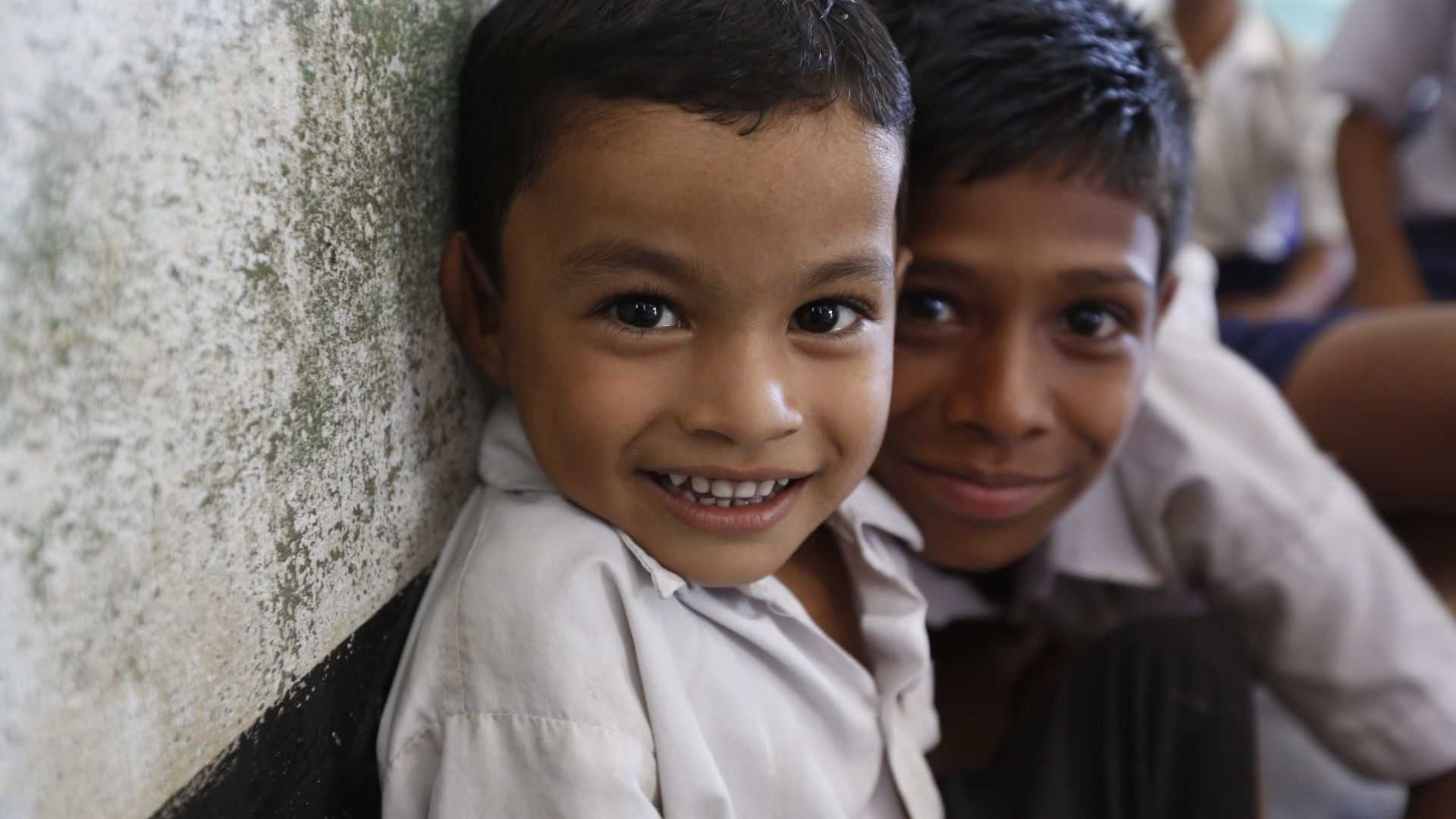Rights of Orphans in Islam: Since they no longer have the financial and emotional support of one or both parents, orphans face a special hardship that has an impact on many areas of their lives. Orphans have traditionally been left to live on the streets or in overcrowded, underfunded orphanages. They may have gone through trauma due to a death or other traumatic events like abuse or war that, if left unresolved due to a lack of social support, can have detrimental effects on their mental health. They are more likely to experience poverty, suffer from poorer general health, turn to crime, and have a reduced chance of receiving an education that will enable them to live independently.
Islam understands that orphans are our future generation’s children who merely depend on the help they are entitled to in order to succeed. Whereas formerly orphans were ostracised, Islam grants them dignity. Islam holds the rest of society accountable for upholding their obligation to care for orphans as it is their inalienable human right. Knowing the Rights of Orphans in Islam is very important for every Muslim.
Rights of Orphans in Islam
An orphan (Yateem) is one who has lost his father and hasn’t entered puberty in Islamic Jurisprudence.
Until the child reaches adolescence, the child is an orphan if the father passes away. According to academics, adulthood begins at the age of 18.
Most religions follow the Heavenly Devine rule, which teaches us to assist the unfortunate ones who have lost their loved ones’ guardians, the sponsoring hand, and to replace it with numerous hands offering sympathy, love, and care as one of the foundations of these religions. Know the Rights of Orphans in Islam and try to help them as much as possible in your capacity.
Orphans In Islamic law
None of the other sacred texts paid as much attention to orphan rights as Islamic sharia did and none of them forewarned those who disregarded this right.
This is a result of pre-Islamic society’s unfairness and disregard for people, especially those without legal counsel or representation to defend their rights.
It was a terrible, soulless civilization that knew nothing but violence, bloodshed, might, and aggressiveness.
The Qur’an makes reference to orphans in 23 verses and, demonstrates its continued care for them in 4:2:
“And give to the orphans their properties and do not substitute the defective [of your own] for the good [of theirs]. And do not consume their properties into your own. Indeed, that is ever a great sin”.
Orphans’ rights under Islamic law

1) The right to custody: this includes providing the child with all he or she needs from the moment of birth, including breastfeeding, nourishment, care, medical attention, clothing, and emotional needs such as mercy, warmth, and affection.
The orphan has the right to custody, and it is the mother’s duty since she is the most qualified and fit for it, as the Prophet Muhammad (PBUH) remarked when questioned by a kid, “Who is the most worthy of my companionship?” He answered, “Your mother, your mother, your mother, then your father,” which is why her parental responsibility for the kids lasts until they are 15 years old. According to scholars, the girl has custody of the kids until she marries.
2) The right to be raised: The most important duty of the family is to provide a child with a balanced, comprehensive upbringing, including but not limited to.
A) by leading by example in teaching the orphan youngster about Islamic principles and how to carry out his religious obligations.
B- Refraining from overindulging in spoiling, roughhousing, or weakness and refraining from favoring one child over another.
C- the satisfaction of their emotional needs by providing the right support, love, and care appropriate for each stage of childhood.
D- keep in mind that the adult’s bad behavior is a result of his upbringing.
3) The right to child support: child support which includes the provision of clothing, housing, food, medical care, and education. the written record of heritage. The continuation of support is mandated by law to last until the child reaches working age, and if they are unable to work, they are still entitled to support for as long as they are unable to support themselves.
4) The right to inherit: As long as all children have the legal right to inherit from their parents, an orphan is just as, if not more, deserving.
All children were treated with great consideration in Islam, and orphans have a right to these privileges. All of the bylaws of worldwide childcare organizations show the recognition of the value of childcare in a prosperous and healthy society.
Last but not least, the Quran and Hadith promise all those who help orphans great credit from Allah. Allah says in Surah Al-Nisa, verse 2: “And give to the orphans their properties and do not substitute the defective [of your own] for the good [of theirs]. And do not consume their properties into your own. Indeed, that is ever a great sin, And He found you lost and guided [you], And He found you poor and made [you] self-sufficient, So as for the orphan, do not oppress [him], and as for the petitioner, do not repel [him]”.
One would ask why an article on the law would discuss Islamic ideas and values, but this is because all Islamic legislation derives from the holy Quran and the prophet’s sayings, so it makes sense to do so while legislating.
These were the Rights of Orphans in Islam. Read more Islamic Blogs or Follow us on social media for daily Islamic reminders.






